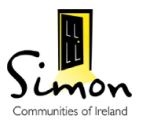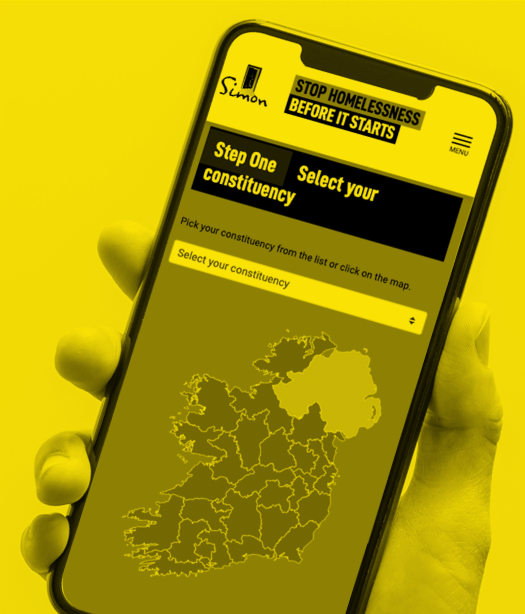Introduction
Almost 10,000 people
are stuck in emergency accommodation, according to the most recent published figures, while many more have no other choice but to share with family and friends doubling and tripling up, resulting in overcrowding.
This is Ireland in 2018. These are our families, friends, neighbours and colleagues. Still more people join them each month, due to our dysfunctional housing system.
THESE 10,000 PEOPLE ARE THE VISIBLE AND STATISTICAL EMBODIMENT OF THIS BROKEN SYSTEM YET THEY REPRESENT JUST THE TIP OF THE ICEBERG IN TERMS OF HOUSING INSTABILITY AND INSECURITY.
The increasing number of people entering emergency accommodation across the State in 2017 resulted in a budgetary allocation for homelessness services in 2018
of €116 million, including an additional €18 million for wrap around services and running costs associated with the most recent emergency response mechanism – the Family Hub programme. Budget 2019 must revise these allocations upwards to meet the needs of people who remain stuck in emergency accommodation and those who will become homeless.
The budgetary process is a timely opportunity for policy makers to assess the impact of current policy approaches and to what extent they can adjust these approaches to deliver better outcomes for people. It is also important that policy choices are person-centered and offer sustainable solutions to recurring societal issues representing best practice. To date, an emergency led response forms the basis of Ireland’s response to the homeless crisis including the use of private hotels, B&Bs and emergency dormitory shelter beds. This response is not adequate to deliver
secure homes for the people that need them most. The Simon Communities in Ireland are committed to working with Government and our NGO partners to deliver effective responses focusing on preventing homelessness, moving people out of homelessness as quickly as possible by increasing the national rollout of Housing First (housing plus support in housing) and building social and affordable housing supply.
WE NEED NEW APPROACHES TO FACILITATE THE EXIT OF THE NEARLY 10,000 PEOPLE IN EMERGENCY ACCOMMODATION INTO SECURE, AFFORDABLE HOMES.
Large-scale social and affordable housing is required
to meet the housing needs of the (at least) 86,000
people on the social housing waiting list. A suite of new homelessness prevention measures are required to keep people in the homes they have, preventing their entry into homelessness. Those in the private rented sector remain most at risk due to high rents, dwindling supply and limited security of tenure.
ACCESS TO AFFORDABLE AND SECURE HOUSING IS A BASIC NEED AND IS FUNDAMENTAL TO THE ENJOYMENT AND PROGRESSIVE REALISATION OF A HOST OF OTHER RIGHTS INCLUDING HEALTH, EDUCATION AND EMPLOYMENT.
This submission will firstly examine the homelessness and housing system trends that have contributed to the ongoing housing and homelessness crisis. This exercise will provide the basis for a wider discussion on the budgetary and policy decisions that the State must make in the short, medium and long term to end the current crisis and prevent its recurrence for future generations. This will include budgetary and policy recommendations focusing on:
• Homelessness Prevention
• Housing first
• Emergency accommodation
• Social and affordable housing supply • The private rental sector
• Health and complex needs
• Social welfare and income adequacy

